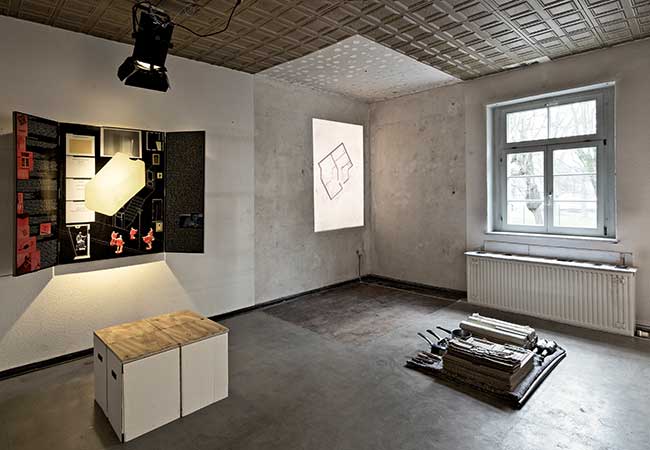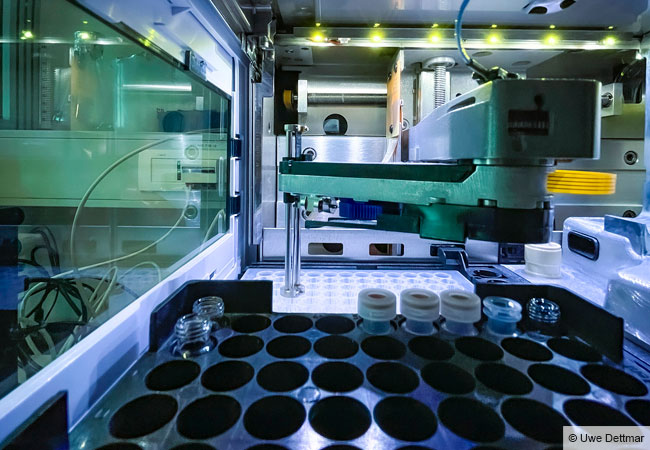Society is changing and housing with it. A joint research training group of Goethe University Frankfurt and Bauhaus-Universität Weimar will investigate this connection scientifically.

Goethe University Frankfurt and Bauhaus-Universität Weimar have secured more than €7 million in funding from the German Research Foundation (Deutsche Forschungsgemeinschaft, DFG) for the joint research training group on „Societal Transformation and Spatial Materialization of Housing“. Starting in fall 2024, young researchers at Weimar and Frankfurt will conduct interdisciplinary research on the current housing provision.
Housing is a basic human need and fundamentally important to both individual and social development. It also reflects epochal upheavals and processes of social change. Creating more socially just housing is a central and major challenge of contemporary urban development.
Given that tomorrow’s built environment is shaped by today’s social developments, the research training group focuses on changes in the living environment caused by social conflicts, ecological demands or digitalization processes, asking, for example, what challenges, problems, contradictions and conflicts this poses for housing. And how does this built-up living environment in turn influence future social developments, or how should it shape them?
Sebastian Schipper, who is the research training group’s deputy spokesperson and Professor of Geographical Urban Research at Goethe University Frankfurt, explains: „The work being produced by the group will focus on the tense relationship between social transformation and the built-up residential environment. The aim is to develop research perspectives with which questions of housing, its transformation and its future can be systematically researched from a social and structural-spatial perspective.“
The research training group brings together specialist expertise from Goethe University Frankfurt and Bauhaus-Universität Weimar: On the one hand, the consortium includes experts from Weimar, who take a planning and engineering or design-related perspective on housing, and, on the other, professors from Frankfurt, who research housing primarily from a social science and humanities perspective.
Up to 36 doctoral theses on housing issues can be completed over the entire nine-year funding period. For the research training group’s first, five-year funding phase, Bauhaus-Universität Weimar and Goethe University Frankfurt will receive a total of €7.2 million from the DFG. As the main applicant, Bauhaus-Universität Weimar will initially act as the group’s spokesperson. The other cooperation partners are Darmstadt-based Institute for Housing and Environment – Institut Wohnen und Umwelt GmbH (IWU), Frankfurt University of Applied Sciences (UAS), Klassik-Stiftung Weimar, Stiftung Baukultur Thüringen and Bundesverband für Wohnen und Stadtentwicklung e.V. (federal association for housing and urban development).
The DFG press release is available at www.dfg.de/en/service/press/press_releases/2023/press_release_no_45/index.html









